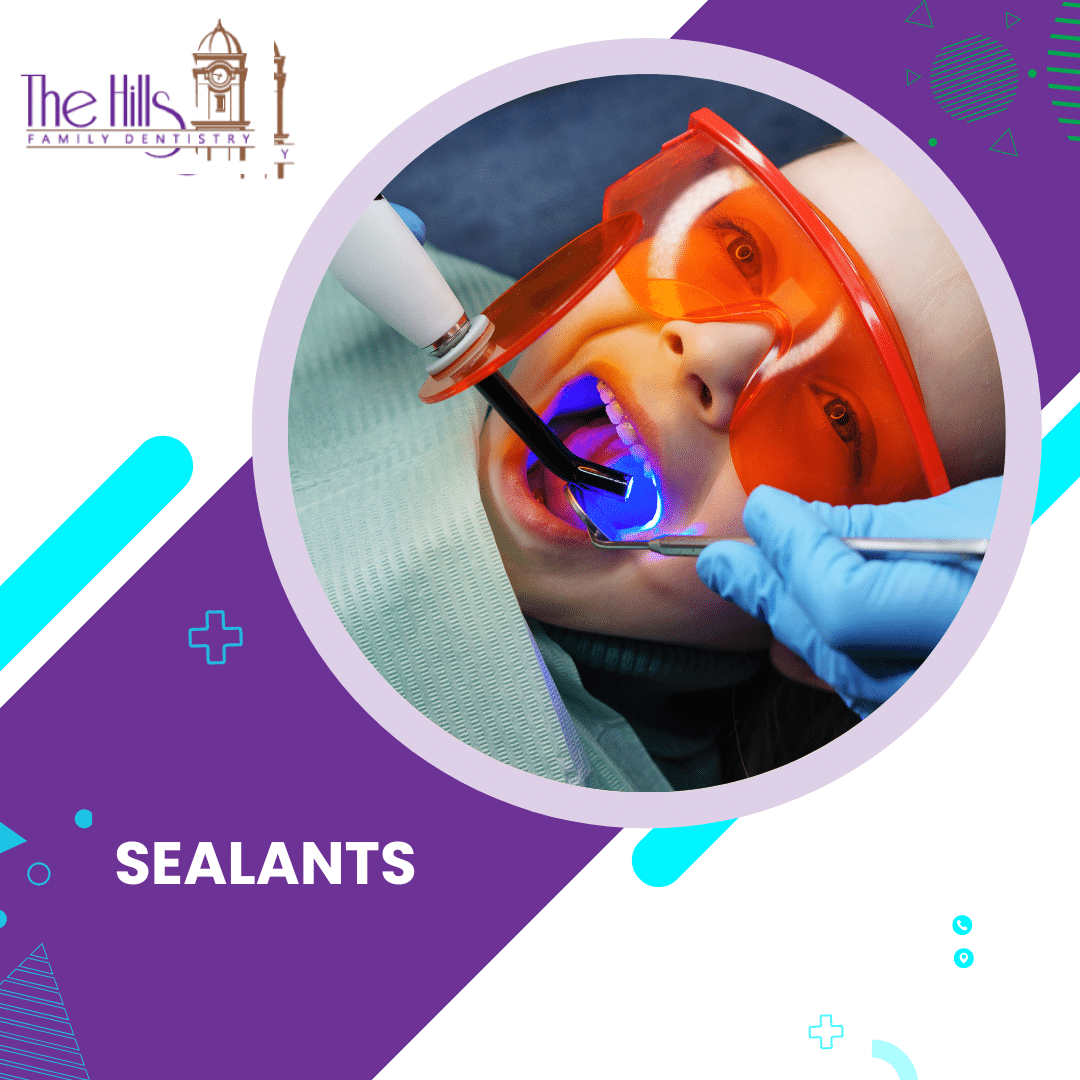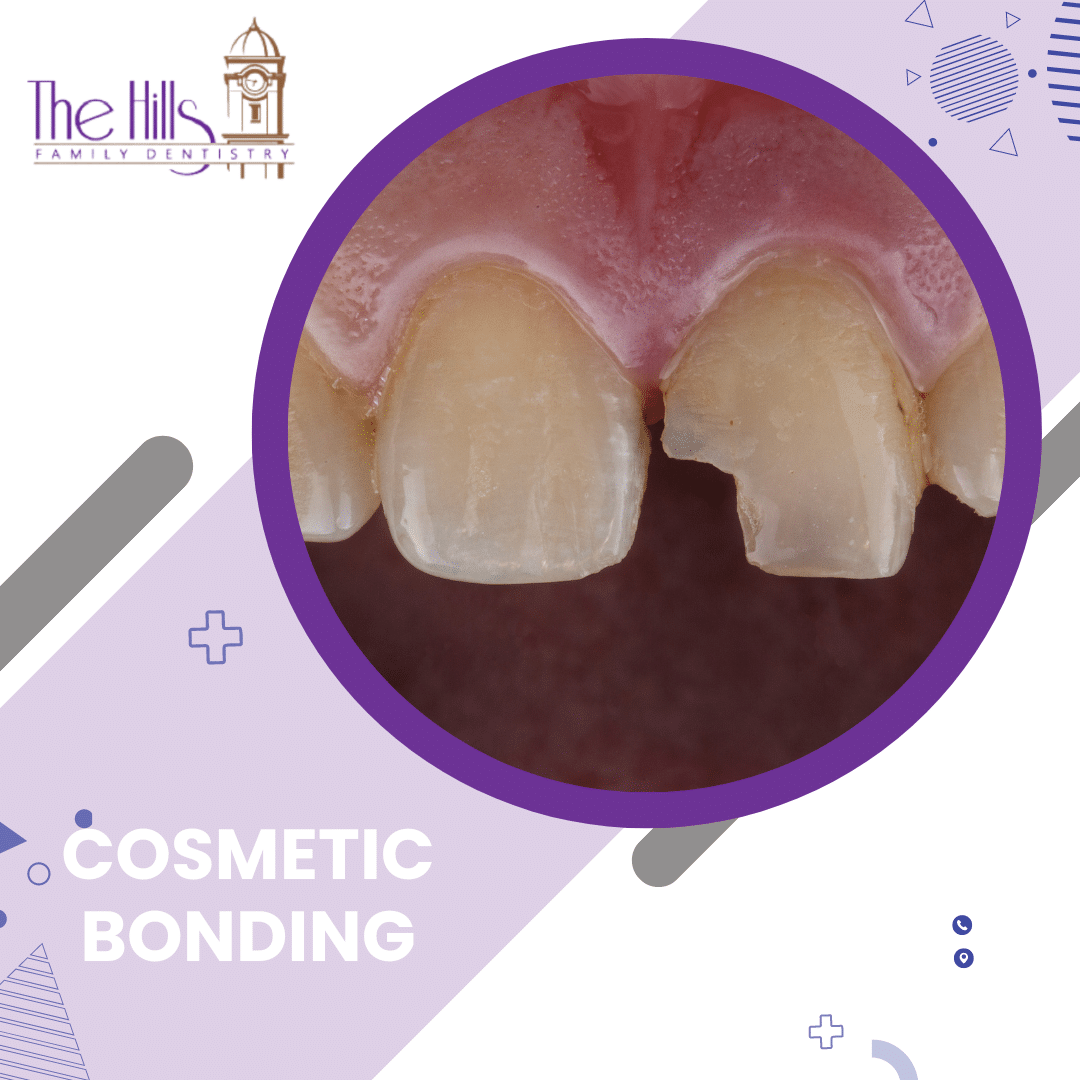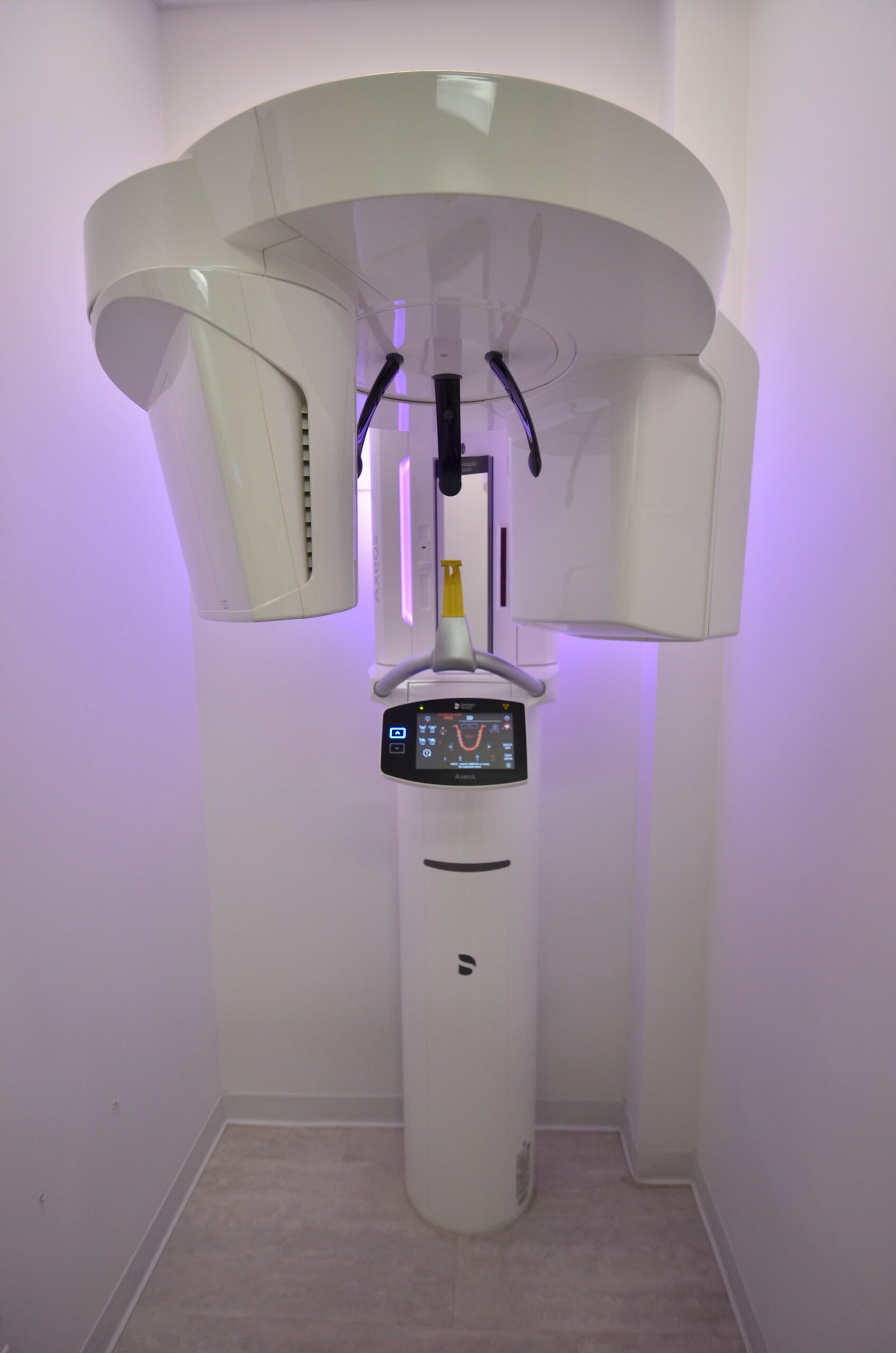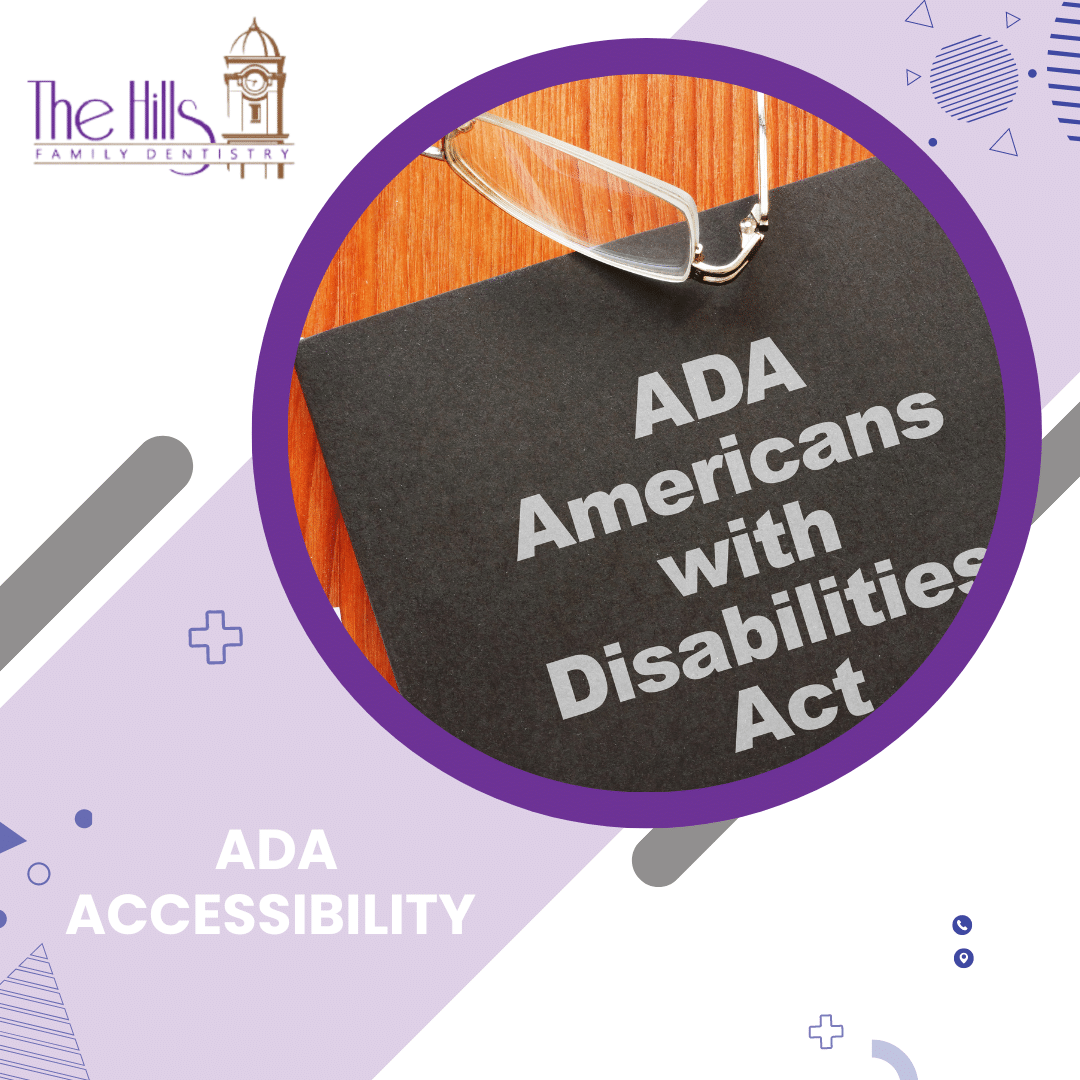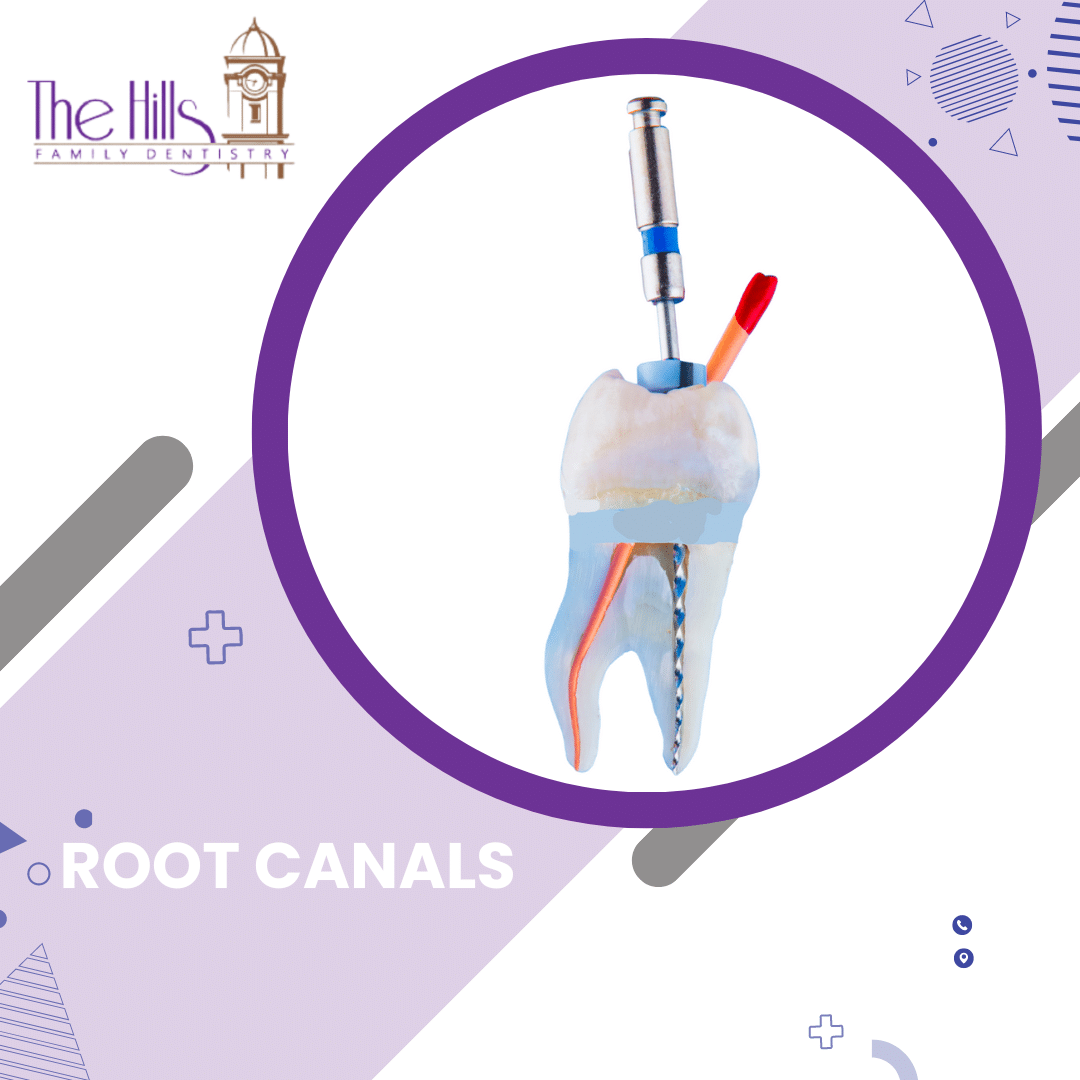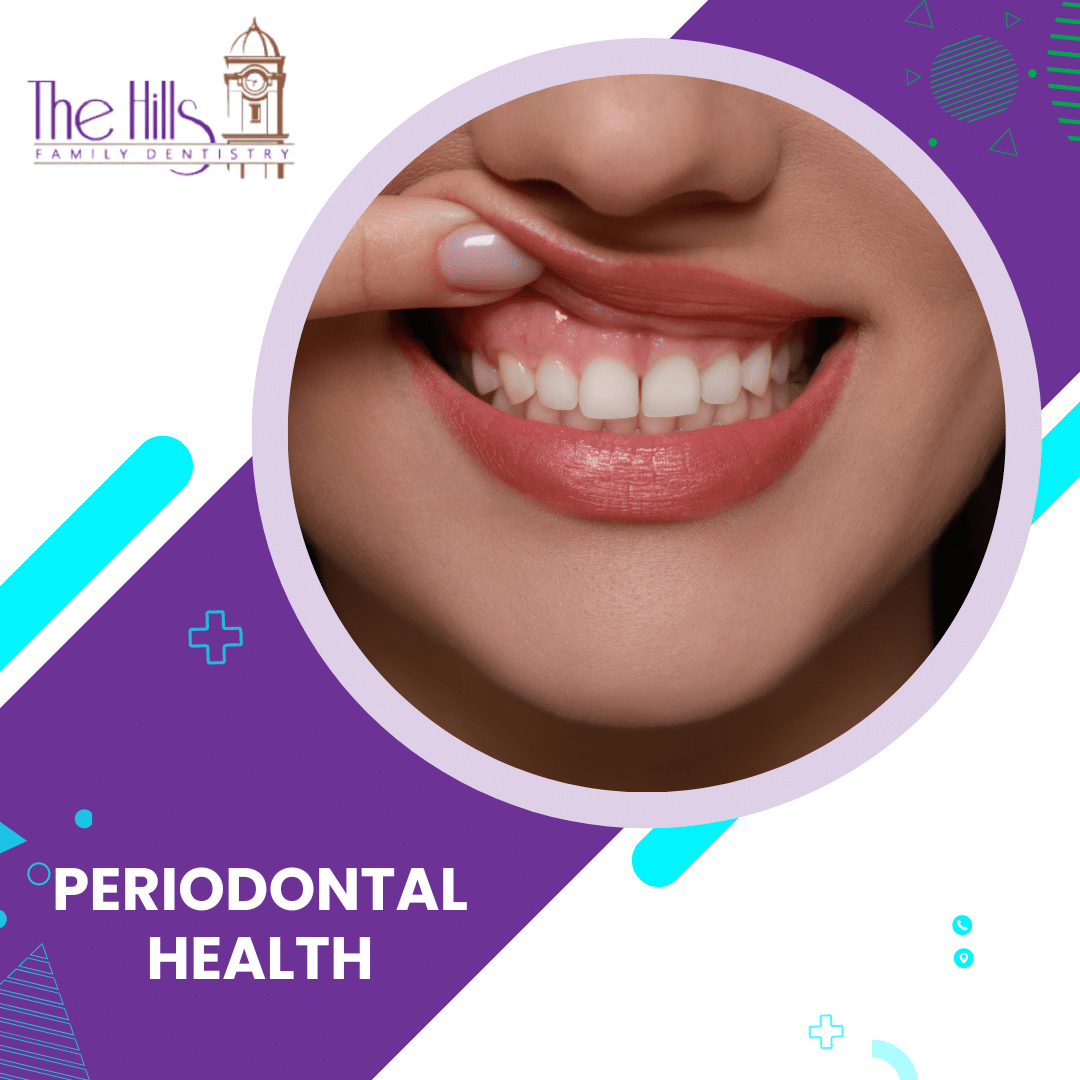Dental Sealants
More than 90% of adults in the United States experience cavities, and about a quarter of these cases go untreated. If you love sweets but are prone to cavities, dental sealants can be a highly effective preventive treatment.
Dental sealants consist of a thin resin composite that is applied to the chewing surfaces of the back teeth. This protective coating bonds tightly to the enamel, creating a barrier that protects the teeth from bacteria and plaque.
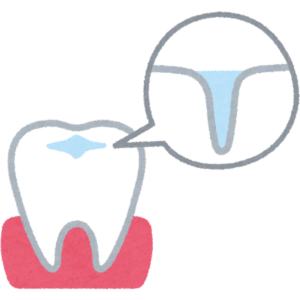
Why Choose Dental Sealants?
Our molars and premolars have deep grooves and fissures that can trap food and plaque, making them difficult to clean. These crevices are ideal breeding grounds for bacteria, which produce acids that erode tooth enamel and lead to decay. Additionally, the heavy grinding forces exerted on these teeth during chewing increase their vulnerability to damage.
At The Hills Family Dentistry, we recommend dental sealants to smooth the chewing surfaces of your back teeth and shield them from bacterial damage.
Who Benefits from Dental Sealants?
Dental sealants are particularly beneficial for children and teenagers between the ages of 6 and 14, who may not have optimal dietary habits and oral hygiene. Adults susceptible to cavities can also benefit from sealants. In some cases, we may apply sealants to baby teeth with deep fissures to ensure they remain healthy, supporting the proper development of permanent teeth.
What to Expect During a Sealant Procedure
The process of applying a dental sealant is quick and painless, requiring no numbing. Dr. Martin or Dr. Thomas will first clean the tooth to eliminate any plaque and food remnants from the fissures. They then etch the tooth to prepare it for bonding. A bonding agent is applied to create a strong chemical bond with the composite resin, which is then cured using a blue wavelength light. After adjusting your bite and removing any excess sealant, you can eat and drink immediately after the procedure.
How Long Do Dental Sealants Last?
Dental sealants provide long-lasting protection but may need to be checked for chips and cracks periodically. If any damage is found, the sealant can be quickly reapplied to maintain its protective qualities.
Are Dental Sealants Safe?
Concerns about the safety of dental sealants, specifically regarding the resin used and its minimal BPA content, are generally unfounded. The American Dental Association has confirmed that the levels of BPA in sealants pose no significant health risks. While sealants are an effective way to protect the chewing surfaces of teeth, maintaining overall oral hygiene is crucial for preventing cavities on all tooth surfaces.
To learn more about dental sealants and discuss their benefits, schedule an appointment with Dr. Martin or Dr. Thomas at (760) 798-7166. We will evaluate your dental health and determine if dental sealants are right for you.

